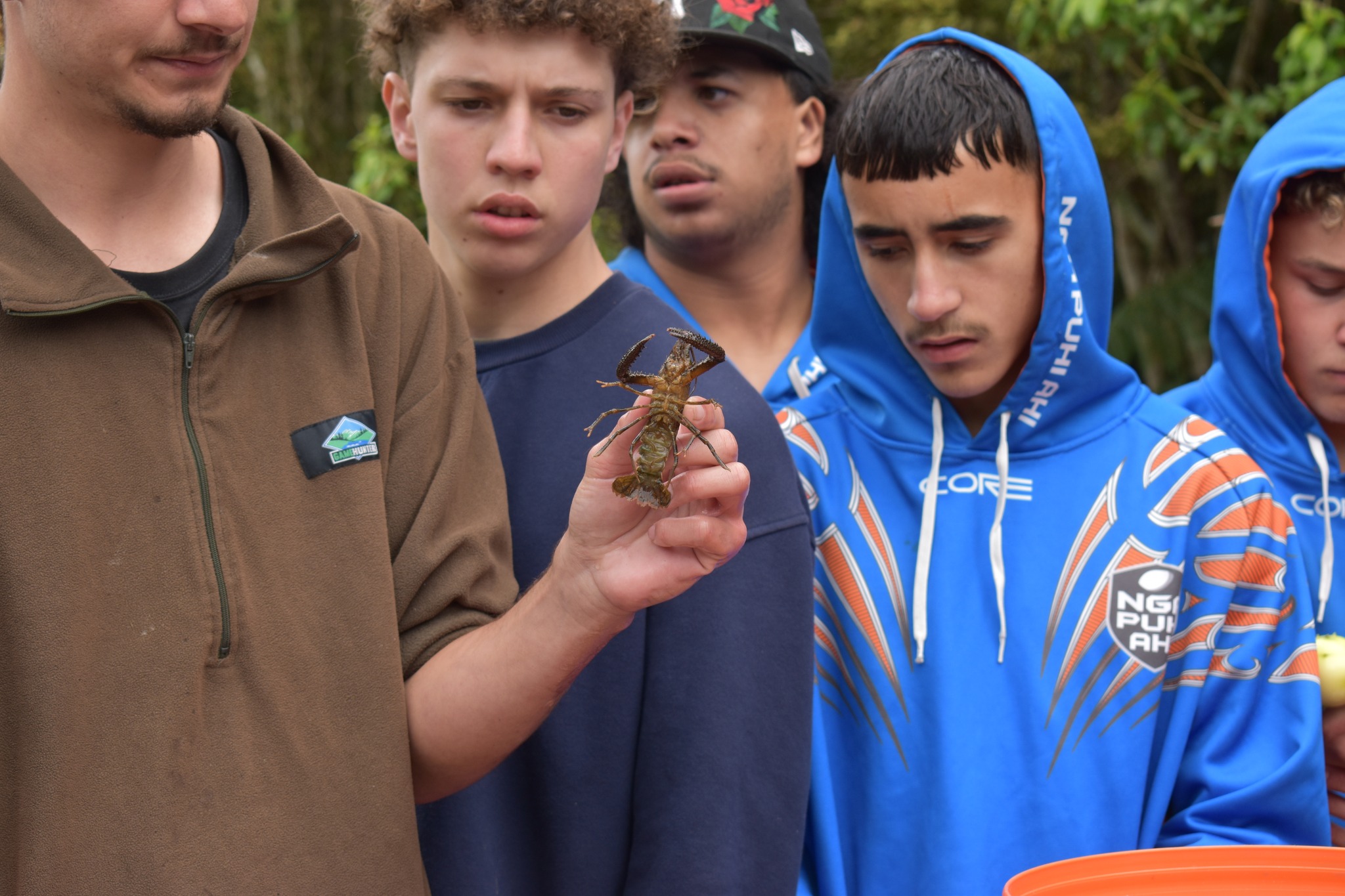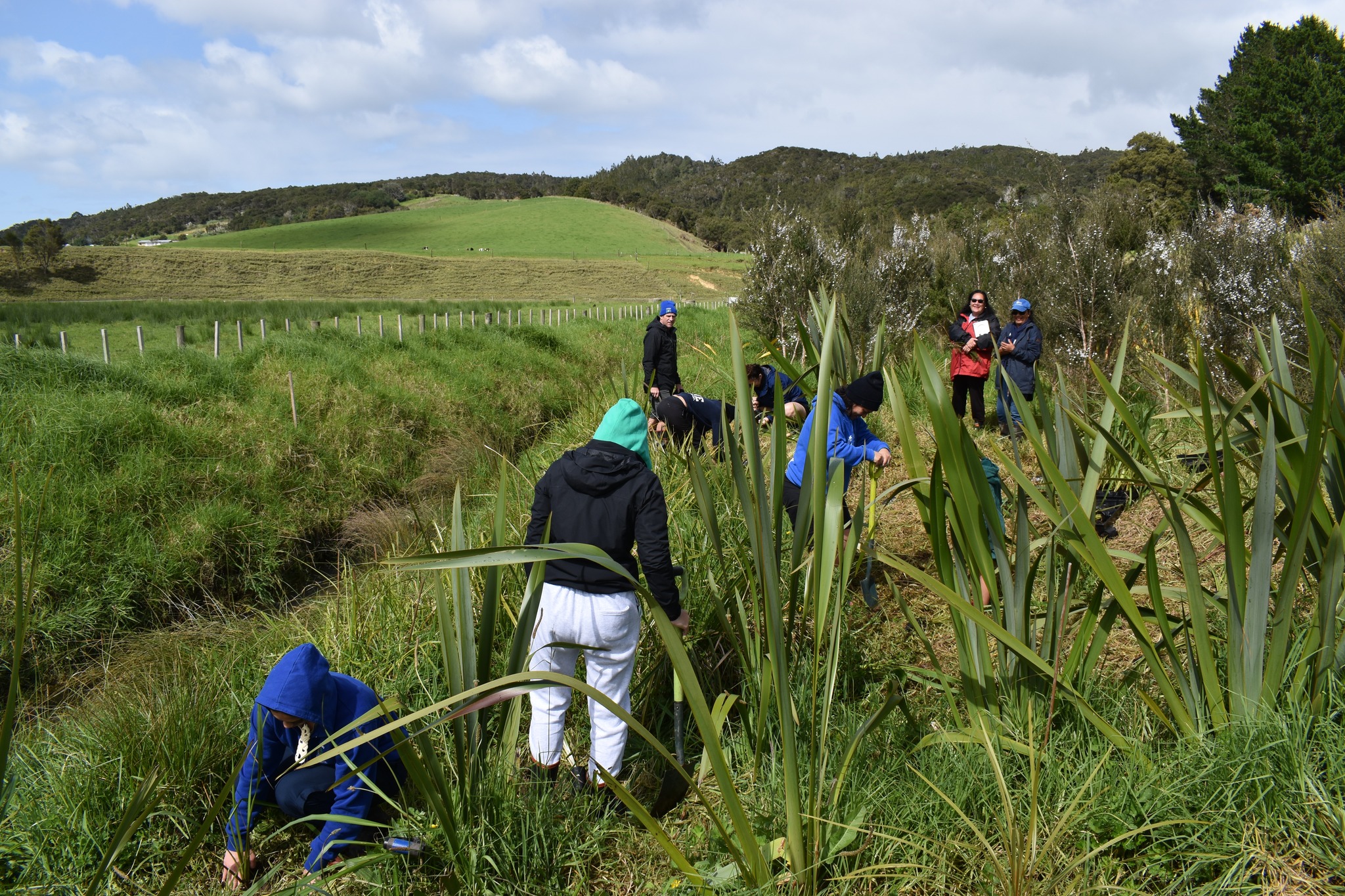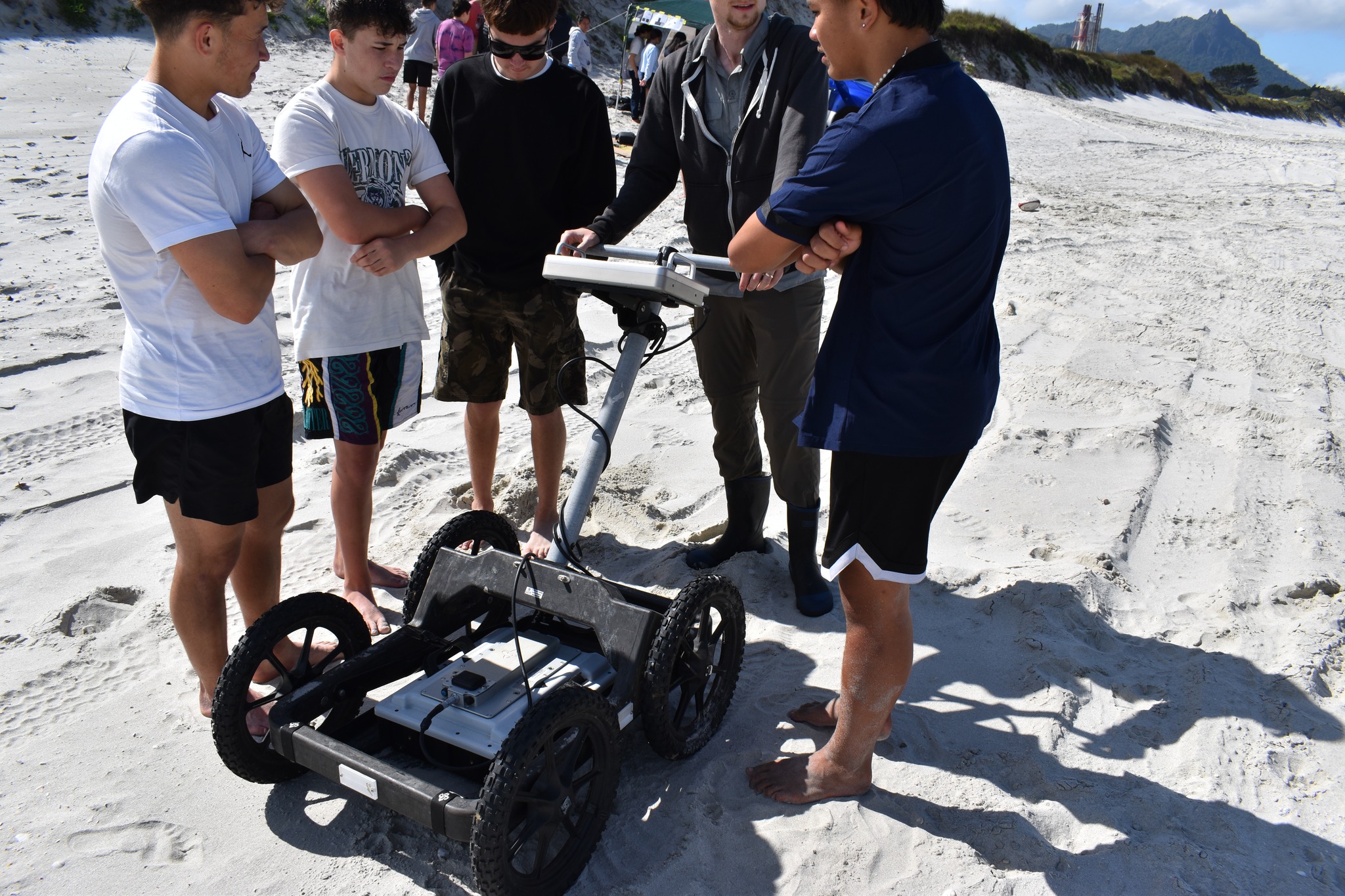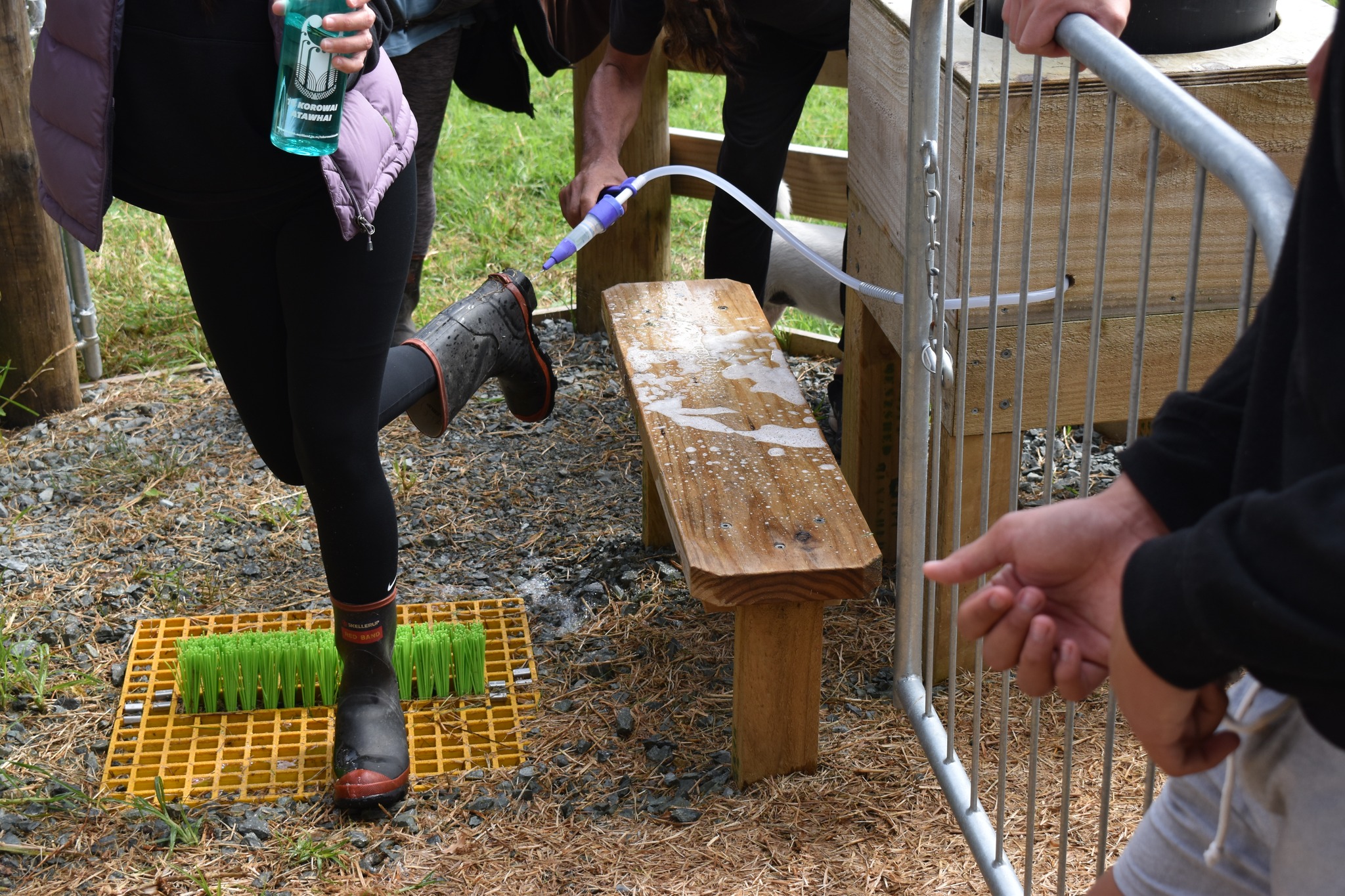Alyssa Thomas
Pou Herenga Tangata Recipient 2022
As part of a research project for her Master of Indigenous Studies at Te Herenga Waka (Victoria University Wellington), Alyssa utilised her funding to facilitate a rangatahi wānanga titled ‘Rangatahi Voices for Pukekauri Dam: Listening to Our Future Generation of Takahiwai’.
Pukekauri Dam was confiscated in the 1960s under the Public Works Act. It was later deemed as surplus to requirements but was never returned to whānau and is currently owned and operated by Whangārei District Council. The dam holds historical significance and value to tangata whenua; however, due to restricted access, the hapū connection to this space has since been severed.
Supported by Patuharakeke Trust, Alyssa engaged with local youth about their visions and values of Pukekauri Dam. The wānanga included a site visit, tree planting, swimming, and interactive activities to better understand how they would like the area to be restored, protected and sustained for the future.


“Patuharakeke Rangatahi Wānanga aimed to inspire, empower and support our rangatahi in the environmental space, with a focus on wai Māori. An amazing race took us around significant landmarks of Patuharakeke, after we had spent time at Bream Bay looking at historical midden and all the new technology to date and trace it. We went for a hīkoi to Rangiora Pā and Pukekauri dam, where we tested the water quality for temperature, conductivity and E.Coli, raced in the kayaks, and touched the slimy skin of our taonga tuna. At the marae, we planted 100 harakeke along the stream to enhance the water quality for the spawning īnanga (see the photo of īnanga eggs!) and learnt how to make a mullet net with ‘half hitch’ and ‘clove hitch’ knots.Over the three days, we also spent time tracing our whakapapa and learning our connections to one another.
The goals of this wānanga included engaging with our rangatahi voices and aspirations for resource management in our rohe. This was achieved through a range of activities that exposed the rangatahi to Patuharakeke areas of significance, and empowering them to express their interests as well as concerns about the health of the environment.”


Successes
- 15 inspiring rangatahi attended the wānanga for three days and noho marae for two nights (sleeping on the marae).
- Rangatahi and kaimahi alike were happy, involved, surrounded by whānau, inspired, empowered and encouraged to think about their aspirations and belonging.
- New skills and practices were acquired: tying knots and making a mullet net, handling taonga species, testing water for nitrate, phosphate, temperature, clarity and E. coli.
- For a full day, we enjoyed having a professional videographer join our adventures and capture the moments. It is a record of the current environment, stories from our kaumātua, thoughts and kōrero from our rangatahi and a holistic overview/illustration of our wānanga.
Learnings
- Age 14-18 is a great age to ‘plant the seed’ about post-high school careers. It helped many of the rangatahi to start thinking about those things if they hadn’t already. Whanaungatanga (relationship building) may result in late nights when the rangatahi stay up chatting all night!
Future plans
- Of course, we hope that this is just the beginning of continued, lifelong engagement with our rangatahi. It would be incredibly beneficial to hold this type of wānanga on an annual basis.
- During the wānanga, the rangatahi were often referred to as ‘Ngā rangatira mō āpōpō’ (The chiefs and leaders of tomorrow) and this wānanga contributes to the succession planning of Patuharakeke; understanding the needs of our future generations!
- It is of utmost importance to move forward holistically, honouring our past and the path that our ancestors carved for us, bringing that into the future together with all the work happening today and of course the aspirations of our rangatahi.




